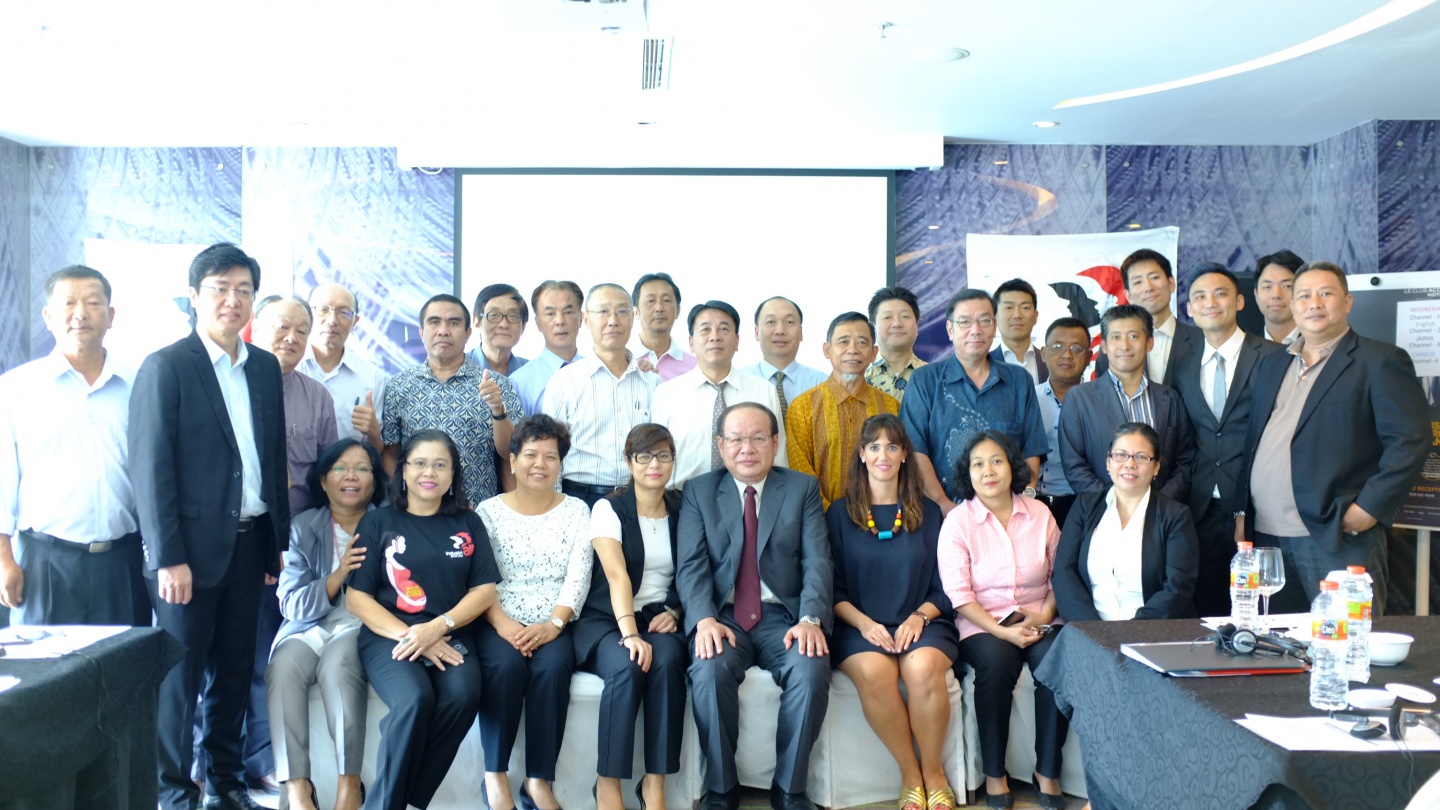Read this article in:
English
16 October, 2017Thirty-five trade unionists from Indonesia, Japan, Singapore, Taiwan, Thailand and Vietnam gathered in the Indonesian capital of Jakarta for IndustriALL Global Union’s Asia-Pacific Oil and Gas Union Network meeting on 28-29 September 2017.
Digitization (Industry 4.0) and its effect on the oil and gas industry, as well as the increase in precarious work in the sector, were both key issues during the meeting.
Participants called for greater cooperation among the network in order to be better prepared for the inevitable change brought about by digitization. They proposed lobbying governments, such as the ministries of energy or education, to provide retraining for workers whose skills could become redundant. Most of the oil and gas companies in the region are under state control, apart from Indonesia, where more or less all the oil and gas companies are in the private sector.
“Digitalization is upon us, we should train our workers for the future, if not they will be irrelevant and useless,” said Boon Jin Chew, President from the ExxonMobil Singapore Employees Union (EMSEU).
An IndustriALL survey of participating unions found an increase in precarious work in the sector from last year, as reported by the Taiwan Petroleum Workers’ Union (TWPU) and EMSEU.
The survey found three types of precarious work:
1. On-site contracting
2. Temporary agency work/ labour hire/ Labour via brokers
3. Short term direct work/ casual work
Participants heard from Indonesian union, FSP KEP, and its challenge to organize due to the number of precarious workers both in upstream and downstream industries. Many contract workers are too afraid to join a union and have inferior conditions to permanent workers. The union also reported that some workers in downstream industries are earning less than the minimum wage.
However, FSP KEP has negotiated a collective bargaining agreement that also covers 1,000 contract workers at the Halliburton Group in Indonesia.
Even though it is difficult for unions to organize precarious workers due to various obstacle, they are nevertheless negotiating in order to improve their working conditions. TPWU has successfully raised the hourly wage rate for fixed-term workers through negotiating with employer. Zenkoku Gas union from Japan also said it encouraged its affiliates to improve precarious workers’ conditions proportionate to regular workers. In Thailand, the PTT LU union meets every month with management at the national oil company to try to solve problems about precarious work.
In his welcome to the meeting, the chair of the network, Chueh-An Chuang and president of TPWU, reminded participants of the power of international solidarity in union struggles. There were also welcomes from Indonesian Unions FPE SBSI and FSP KEP.
IndustriALL’s energy director, Diana Junquera Curiel, says:
“The only way to confront global capital, as well as the challenges of digitization and precarious work, is for unions to work together. Unity will make us stronger, and we look forward to seeing greater cooperation amongst the network members.”




